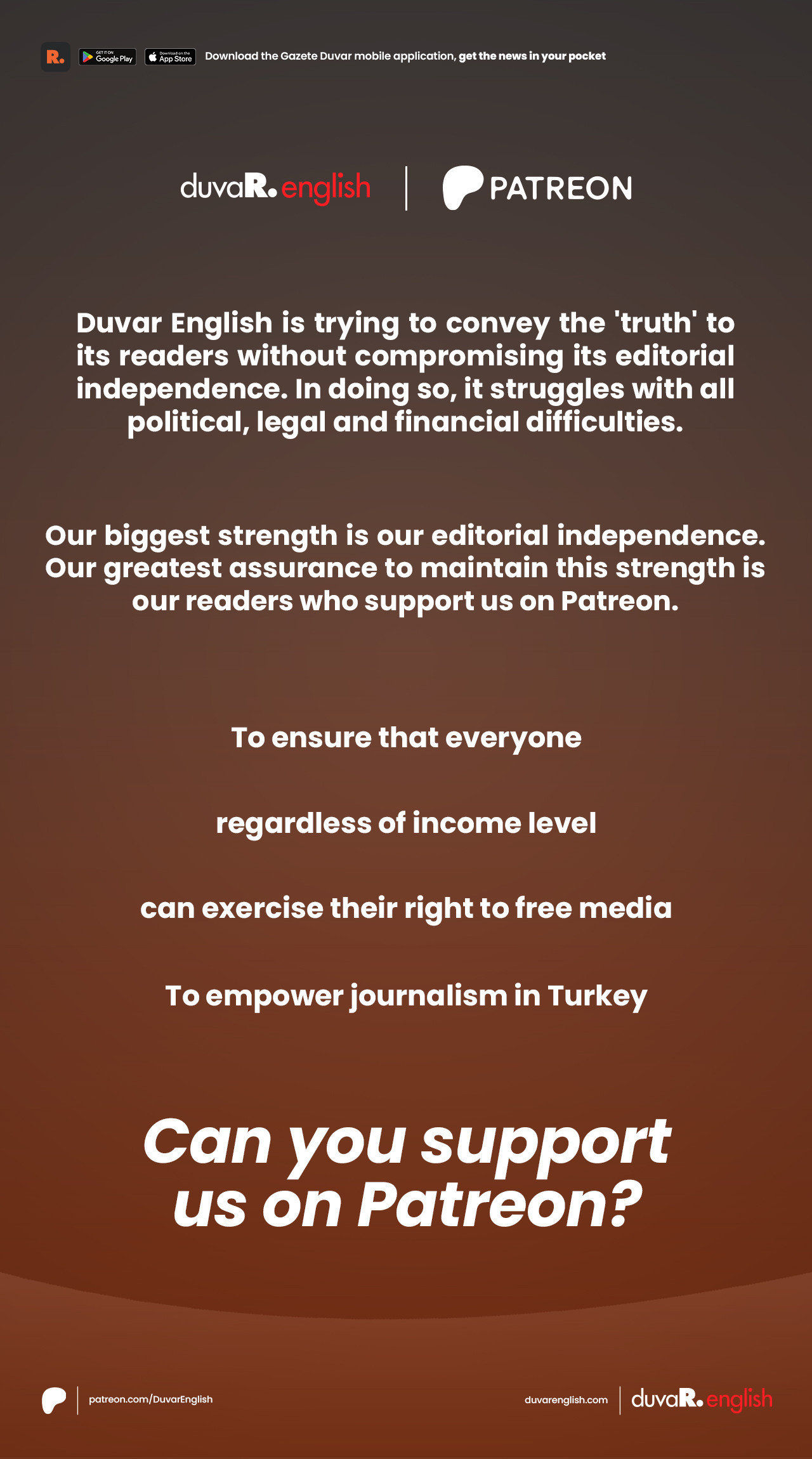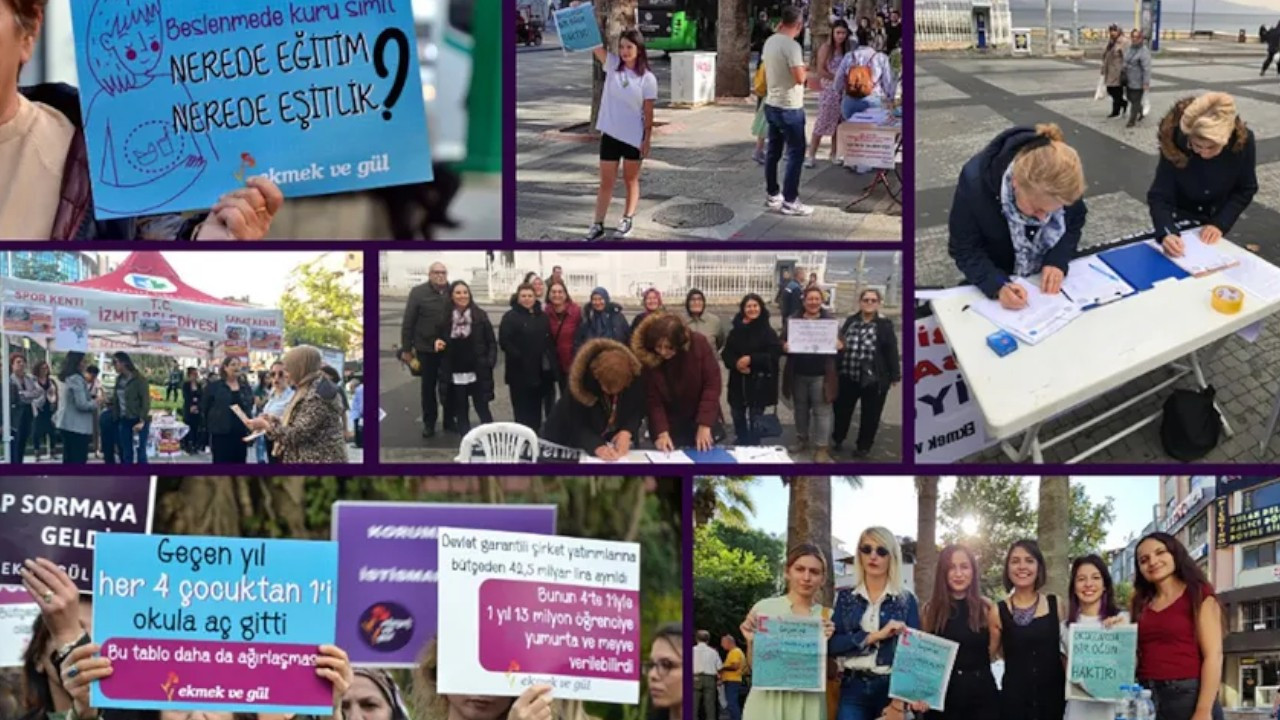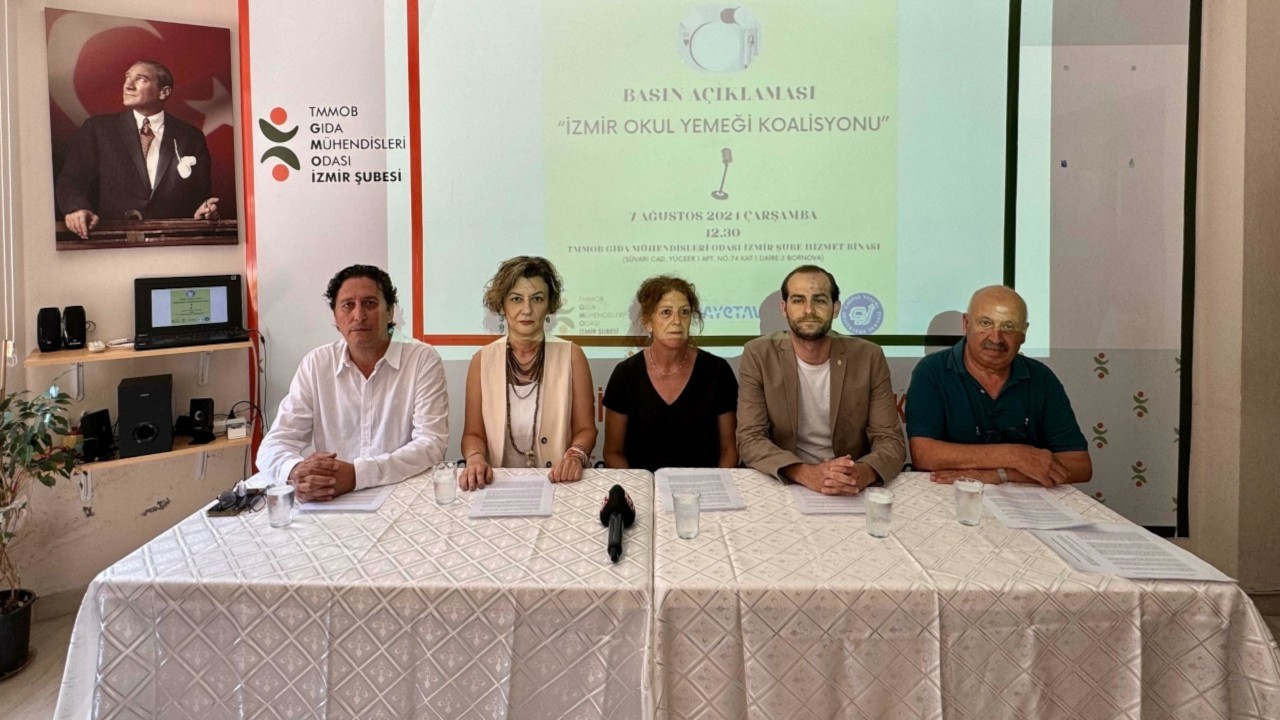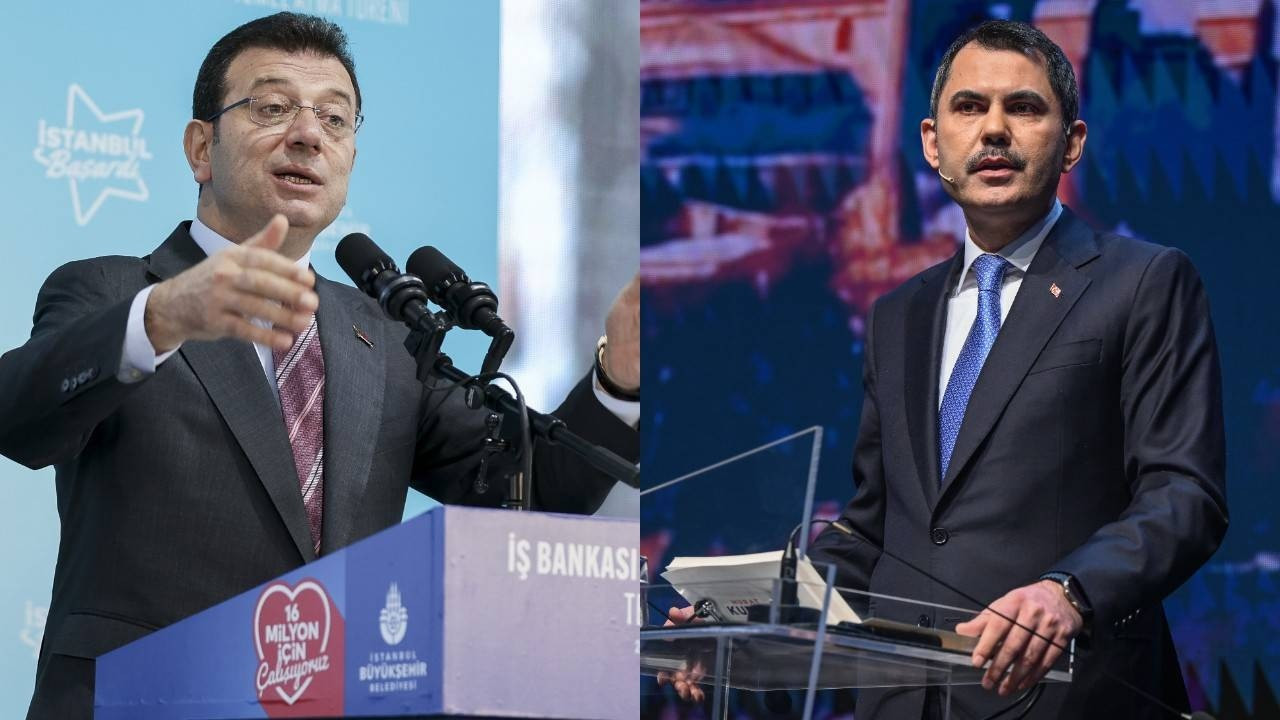Turkish main opposition CHP slams government plan to close municipal daycare centers
The Turkish government has requested the closure of municipality-run daycare centers, citing legal rulings. The main opposition CHP currently operates more than 650 daycare centers nationwide. Party leaders criticized the decision as politically motivated, warning it would hurt families and working mothers.
Ceren Bayar / Gazete Duvar
Turkey’s Environment, Urbanization, and Climate Change Ministry on Nov. 25 sent a letter to the Education Ministry requesting the closure of daycare centers operated by municipalities, citing a Constitutional Court ruling. The court had deemed the provision allowing municipalities to open preschool education institutions unconstitutional in January 2024.
If implemented, this decision would affect tens of thousands of children and families who rely on daycare centers run by the main opposition Republican People’s Party (CHP) municipalities.
As of October 2024, 35 CHP-run municipalities—14 of which are metropolitan provinces—operate 653 daycare centers, serving 58,843 children. CHP officials said the demand for daycare is overwhelming and difficult to meet. They aim to increase the number of daycare centers to 1,000 by 2025.
Municipal daycare centers, which enroll children via a lottery system, charge about one-tenth the fees of private centers. The average monthly fee is 4,000 Turkish lira ($115).
CHP Women’s Branch Chair Asu Kaya said CHP-run municipalities aim to address deep social inequalities with programs like daycare services, which are part of the "Local Equality Action Plan." Kaya emphasized that these programs are critical for families, particularly for working mothers.
Kaya also noted that the ruling Justice and Development Party (AKP) had included daycare centers in its local election campaign promises for major provinces like the capital Ankara, western İzmir, and Istanbul.
“If they had won, there wouldn’t be a problem. But when CHP does it, it becomes an issue. This is about punishing people for not voting for them. Closing daycare centers punishes women and leaves them in difficult situations,” she said.
Kaya argued that daycare centers are vital in addressing poverty and domestic violence, saying, “One of the main causes of violence is economic hardship. If women lack economic freedom and cannot join the workforce, violence increases. Don’t dismiss daycare centers—they prevent many societal issues.”
CHP leaders respond
CHP Chair Özgür Özel criticized the decision, accusing the government of targeting CHP-run daycare centers for political reasons.
Referring to Environment Minister Murat Kurum’s past campaign promise to establish daycare centers in Istanbul, Özel said, “When Murat Kurum was a candidate for Istanbul, he promised a daycare in every neighborhood. Now that CHP has delivered on those promises, they want to shut them down to take votes away from us.”
Ekrem İmamoğlu, Mayor of Istanbul from the CHP, also reacted strongly. He noted that his administration has opened 100 daycare centers since 2019, employing 1,500 people—97 percent of whom are women. These centers benefited 20,000 mothers, according to the mayor.
“Now, they’re asking us to shut them down. This is not about politics; it’s about serving people. Your letter doesn’t matter. Come and try to close them,” he concluded.
The Presidency’s Directorate of Communications issued a statement following backlash over the request.
The statement emphasized that the Education Ministry's focus was not on closing the institutions in question but on ensuring their operations aligned with their "purpose and regulations."
“The claim circulating on some social media accounts that the ministry has decided to close daycare centers opened by municipalities and ban new ones is false," began the statement.
"These institutions are not permitted to engage in educational activities that fall under the curriculum of preschool education institutions. In other words, they cannot function as kindergartens or preschools," clarified the directorate.
(English version by Ayşenaz Toptaş)


 Turkish association sues Education Ministry for free meal program to cover all studentsEducation
Turkish association sues Education Ministry for free meal program to cover all studentsEducation Turkey School Meals Coalition launches İzmir branchDomestic
Turkey School Meals Coalition launches İzmir branchDomestic Istanbul Mayor İmamoğlu beats AKP’s candidate Kurum in 32 districts in municipal electionPolitics
Istanbul Mayor İmamoğlu beats AKP’s candidate Kurum in 32 districts in municipal electionPolitics